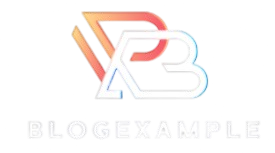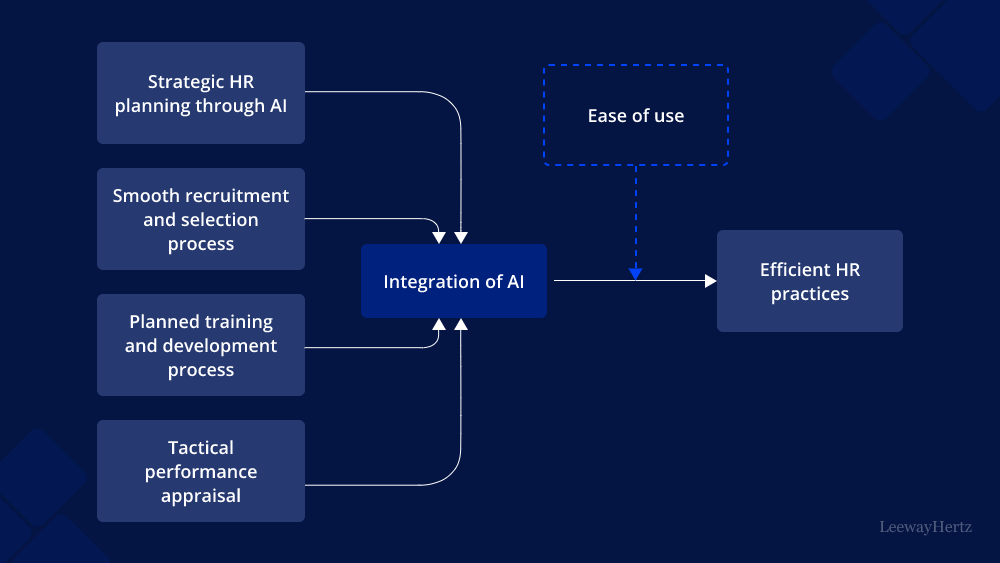Artificial Intelligence (AI) is rapidly reshaping the way enterprises function, and Human Resources (HR) is at the forefront of this transformation. From streamlining recruitment to automating payroll and enhancing employee engagement, AI-driven solutions are enabling HR leaders to move beyond administrative tasks and focus on strategic workforce planning.
One of the most impactful innovations in this domain is the hrm ai agent, which leverages advanced language models and automation to optimize HR processes while ensuring compliance and scalability. This article explores how AI is driving efficiency, accuracy, and personalization in HR operations.
Why AI is Critical for Modern HR
HR teams are responsible for handling vast amounts of employee data, managing compliance requirements, and delivering a positive employee experience—all while aligning workforce strategies with business goals. Traditional tools often fall short in meeting these demands, making AI a game-changer.
Key Challenges in HR
- Manual and repetitive tasks such as document verification and onboarding
- Time-intensive recruitment processes
- Limited visibility into employee sentiment and engagement
- Compliance risks across regions and industries
AI-powered HR solutions address these challenges by automating workflows, extracting insights from data, and enabling intelligent decision-making.
Applications of AI in HR Operations
AI applications in HR span across the entire employee lifecycle, from hiring to retention.
Recruitment and Talent Acquisition
AI enhances recruitment by screening resumes, identifying top candidates, and predicting cultural fit. Tools like Natural Language Processing (NLP) can analyze job descriptions and applications to ensure unbiased and efficient candidate matching.
Employee Onboarding and Training
With conversational AI and automated workflows, onboarding becomes faster and more engaging. AI can also personalize learning programs by analyzing employee skill gaps and recommending targeted training modules.
Performance Management
AI-driven platforms analyze performance data, peer reviews, and productivity metrics to provide managers with actionable insights. This reduces bias and ensures fair evaluations.
Employee Engagement and Retention
By analyzing survey responses, emails, and communication data, AI identifies patterns in employee sentiment. This helps HR leaders proactively address disengagement and improve retention strategies.
The Rise of Generative AI in HR
Generative AI is adding a new dimension to HR operations by creating content, analyzing unstructured data, and generating intelligent recommendations. For example, generative models can draft personalized employee communications, create job descriptions, or summarize compliance documents.
Enterprises are increasingly adopting solutions like generative ai for hr operations to improve efficiency, accuracy, and decision-making across the HR value chain.
Benefits of Generative AI in HR
- Personalized Experiences: Tailors communication and learning paths to individual employees.
- Knowledge Extraction: Summarizes contracts, policies, and compliance regulations for quick reference.
- Enhanced Productivity: Automates repetitive documentation and reporting tasks.
ZBrain’s Role in AI-Powered HR Transformation
ZBrain, a GenAI orchestration platform, is enabling enterprises to deploy AI agents that streamline HR operations while ensuring governance and security. By leveraging modular and customizable AI agents, enterprises can integrate HR workflows with existing systems, making adoption seamless.
Features of ZBrain HRM AI Agents
- Multi-source Data Integration: Extracts and processes data from diverse HR systems.
- Workflow Automation: Handles tasks like leave approvals, payroll processing, and compliance checks.
- Human-in-the-Loop: Combines automation with expert oversight for higher accuracy.
- Scalability: Adapts to evolving workforce needs and enterprise expansion.
With ZBrain, HR leaders can deploy AI agents that not only automate processes but also learn continuously from human feedback, improving outcomes over time.
Best Practices for Implementing AI in HR
Adopting AI in HR requires a thoughtful approach that balances automation with human oversight.
Data Governance and Security
Ensure compliance with data protection laws like GDPR and maintain secure handling of employee data.
Change Management
Educate HR teams about the benefits of AI and provide training to help them adapt to new tools.
Human-AI Collaboration
Maintain a human-in-the-loop model where critical decisions are validated by HR professionals.
Continuous Improvement
Monitor AI outputs regularly and refine models using employee feedback for better accuracy and trust.
Conclusion
AI is not just enhancing HR—it is redefining it. From recruitment to retention, AI agents and generative models are making HR operations smarter, faster, and more employee-centric. Platforms like ZBrain are leading this transformation by offering customizable, secure, and scalable solutions tailored to enterprise needs.
For organizations seeking to build resilient, data-driven HR practices, the future lies in embracing AI as a strategic partner rather than just a tool.

